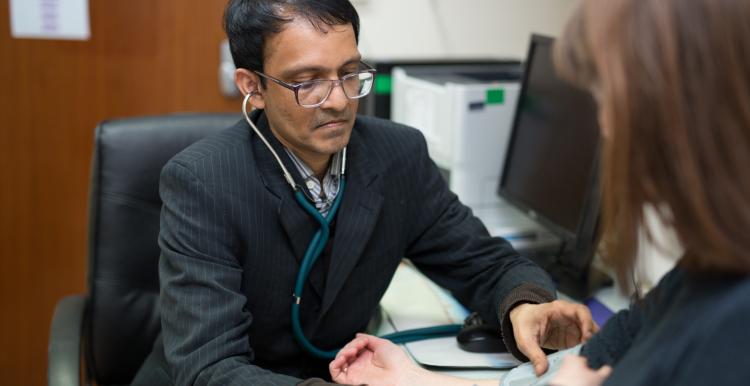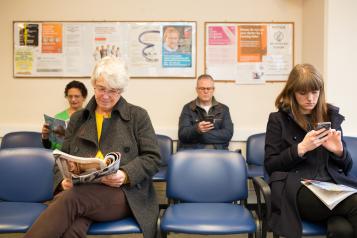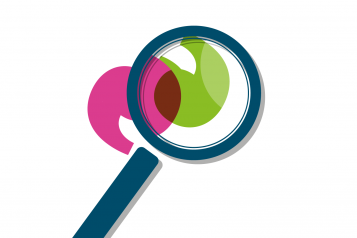GP practices join the digital age due to COVID-19

Digital solutions to allow patients to still access care and support from general practice while maintaining social distancing and shielding were put into place quickly by NHS Heywood, Middleton and Rochdale Clinical Commissioning Group (NHS HMR CCG) at the beginning of the lockdown period. The CCG worked with GP practices and partner organisations to respond to national guidance and put local solutions in place to allow primary services to continue via video consultation as a matter of urgency.
Practices moved to a total triage first system, patients with face to face appointments planned were contacted and triaged remotely. Where possible all appointments required following triage were done remotely either via telephone, online or video conferencing. Where a face to face appointment was clinically appropriate following triage, practices were still able to offer these once appropriate safety precautions had been put in place.
Patients adapted well to the digital ways of working and in some cases were able to feel more comfortable in the comfort of their own homes, reducing stress and anxiety that visits to medical appointments can sometimes cause. Digital appointments were more convenient, saving patients time and the hassle of waiting in telephone queues and enabling GPs to treat patients quicker.
The Electronic Prescription Service (EPS) has also been invaluable allowing prescriptions to be sent electronically to a patient’s nominated pharmacy or in some cases having it sent to their home without them having to physically visit their GP practice.
GP Practices will continue to develop and improve digital services as lockdown measures starts to ease, focusing on the online aspects of contact and patient care. It’s important patients are still aware that the risk of coronavirus isn’t over and they should continue to limit contact with others, wash hands regularly and wear face masks on public transport.
Initially, when the COVID-19 outbreak hit and lockdown was implemented patients were reluctant to contact healthcare providers, even when there may have been a pressing need. Introducing the digital options removed the barriers to allow patients to receive the care they needed digitally. GPs have described the changes as transformational to primary care, helping to solve issues including telephone queries and delays for routine appointments and clinicians no longer relying on face-to-face appointments to care for their patients.
I am immensely proud of the way that primary care has adapted almost overnight to enable us to conduct 95% of our surgeries over telephone and video link. Primary care across the borough has quickly altered to new ways of working and new technology in order to continue providing care for patients during an incredibly challenging time. We must continue to focus on ensuring that the technologies utilised into the system are fully embedded and can improve outcomes for patients during COVID-19 and beyond.”
HMR CCG like other Greater Manchester CCGs and GP practices are being supported during the rollout through a GM digital primary care support package using the skills, expertise and resources from Greater Manchester Health and Social Care Partnership, Health Innovation Manchester and GM Shared Services.


